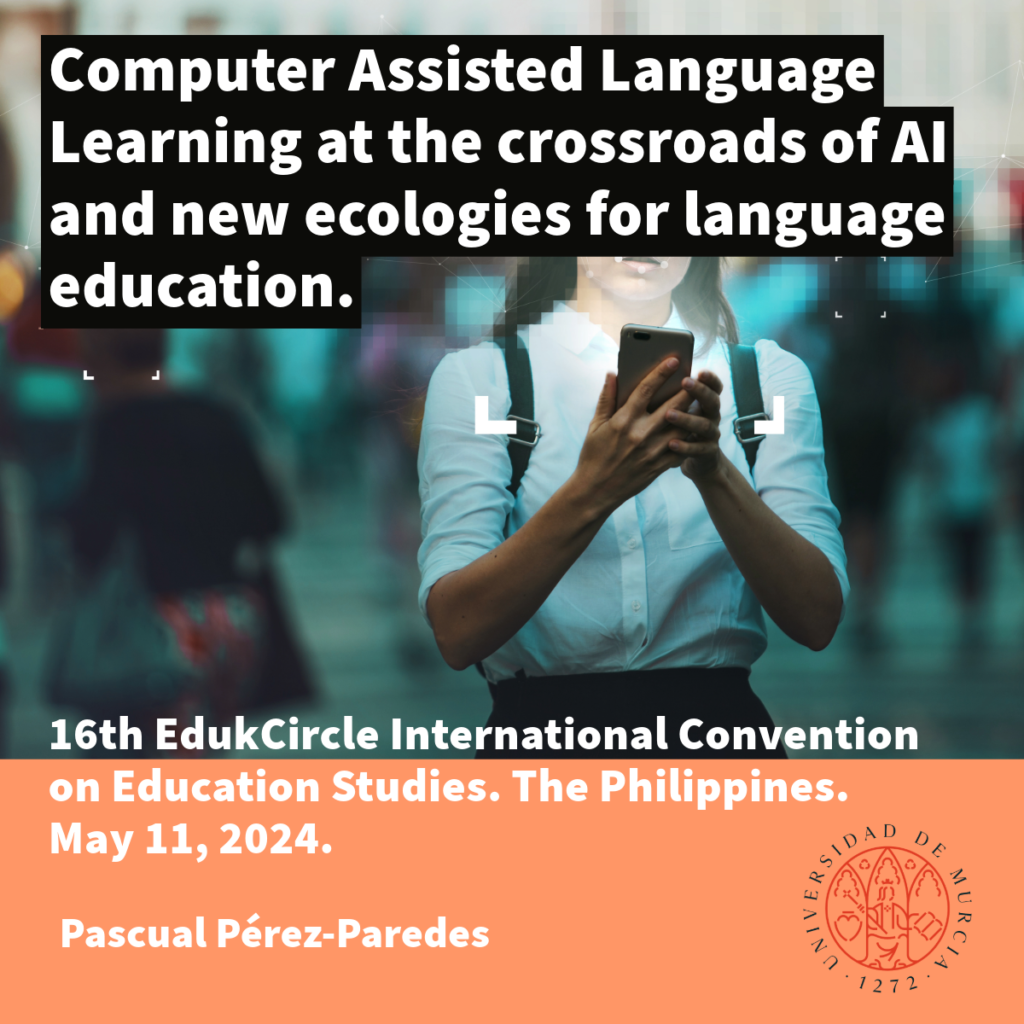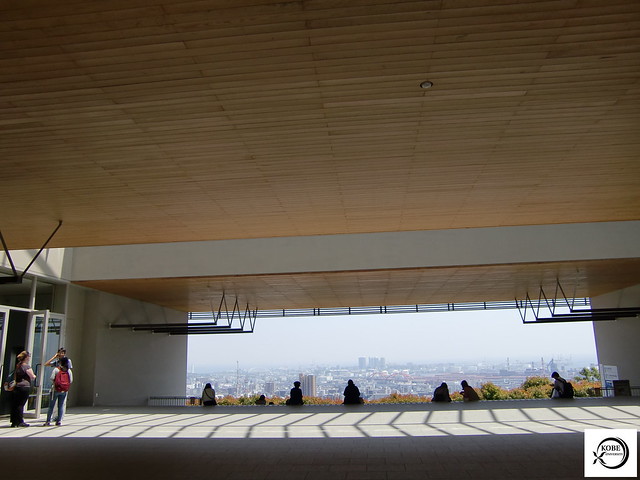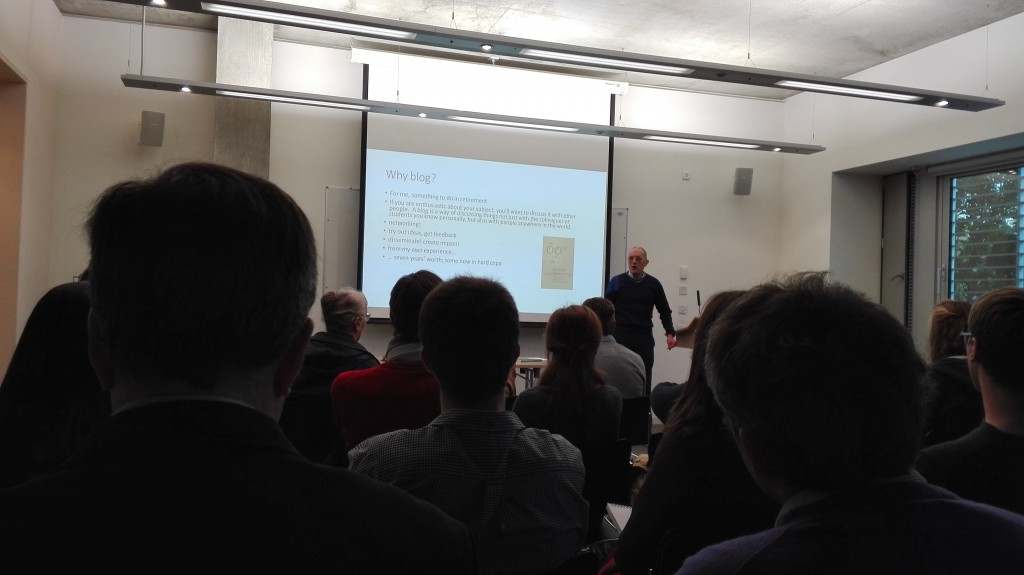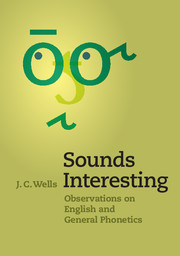
Invited talk : 16th EdukCircle International Convention on Education Studies. The Philippines. May 11, 2024.
Abstract
Language learning has become extremely diverse and complex since the outbreak of the Internet in the late 1990s and mobile technology in the 2010s. The role of computers has transitioned from tutors and assistants to facilitators of communication and, more recently, to key players in digital literacies, new ecologies of digital learning (Gee & Hayes, 2011) and emerging sites for language learning (Godwin-Jones, 2021, 2023). These new ecologies and sites have disrupted traditional instructed approaches to the use of technology for language learning. The sites include, among others, AI chatbots (Kohnke et al., 2023), general AI-driven web services, and augmented reality (AR). These new digital ecologies support self-initiated learning, informal and non-formal learning (Conole & Pérez-Paredes, 2017), as well as digital literacies (Kern, 2021), favouring a usage-driven and user-centered L2 pedagogy (Pérez-Paredes & Zhang, 2022). Research has not, unfortunaltely, paid enough attention to these areas (Choubsaz, Jalilifar & Boulton, 2024). In this talk I survey some of the latest trends in technology-enhanced language education, paying special attention to the use of emerging learning sites and ecologies in formal instruction.
Some references
Conole, G. & Pérez-Paredes, P. (2017). Adult language learning in informal settings and the role of mobile learning. In Yu, S., Ally, M., & Tsinakos, A. (Eds.). Mobile and ubiquitous learning. An international handbook. New York: Springer, pp.45-58.
Choubsaz, Y., Jalilifar, A., & Boulton, A. (2024). A longitudinal analysis of highly cited papers in four CALL journals. ReCALL, 36(1), 40–57. doi:10.1017/S0958344023000137
Gee, J., and Hayes, E. (2011). Language and learning in the digital age. London: Routledge.
Gillespie, J. (2020). CALL research: Where are we now?, ReCALL, 32(2): 127-144.
Godwin-Jones, R. (2011). Mobile Apps for language learning, Language Learning & Technology,15: 2-11.
Godwin-Jones, R. (2021). Evolving technologies for language learning, Language Learning & Technology, 25(3): 6–26.
Godwin-Jones, R. (2023). Emerging spaces for language learning: AI bots, ambient intelligence, and the metaverse, Language Learning & Technology, 27(2): 6-27.
Kern, R. (2021). Twenty-five years of digital literacies in CALL. Language Learning & Technology, 25(3), 132–150.
Kohnke, L., Moorhouse, B. L., & Zou, D. (2023). ChatGPT for language teaching and learning. Relc Journal, 54(2), 537-550.
Pérez-Paredes, P. and Zhang, D., (2022). Mobile assisted language learning: Scope, praxis and theory, Porta Linguarum, IV: 11-25. DOI:10.30827/portalin.vi.21424
Stockwell, G. (2010). Using mobile phones for vocabulary activities: examining the effect of the platform, Language Learning & Technology, 14(2): 95-110.
Stockwell, G. (2022). Mobile-assisted language learning. Cambridge: Cambridge University Press.



